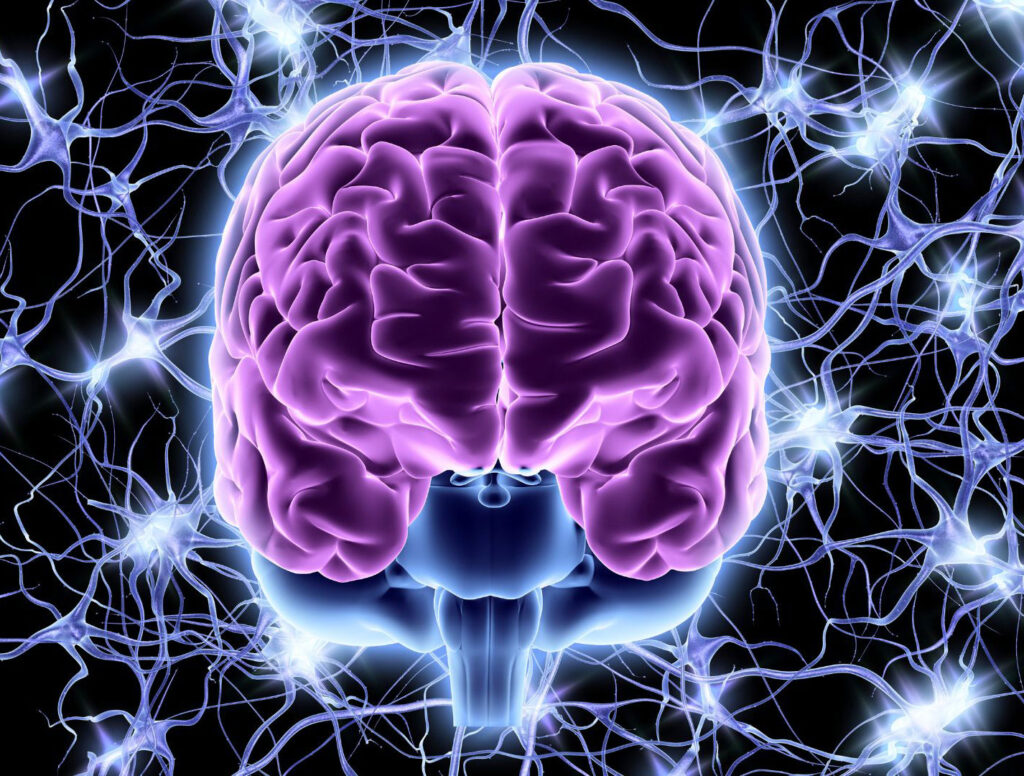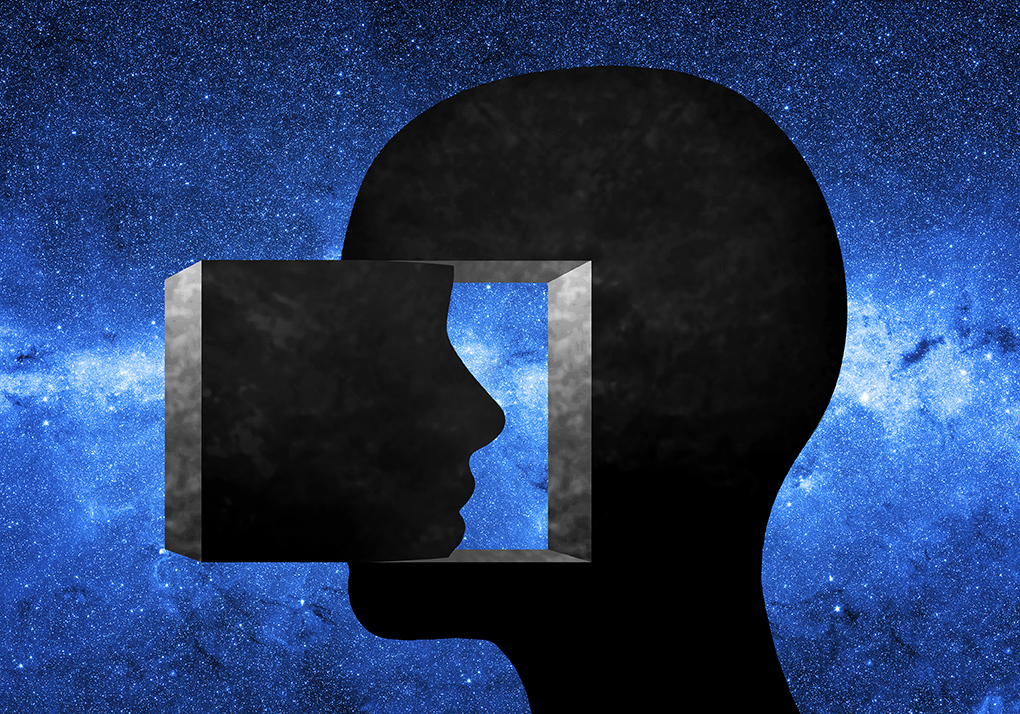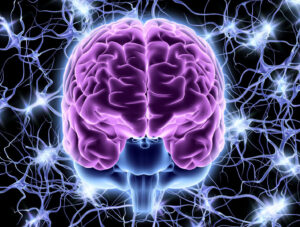Our Services
We offer evidence-based, individualized, and holistic services which include but are not limited to
Psychotic disorders
- Schizophrenia
- Schizoaffective disorder
- schizophreniform disorder
- Brief Psychotic disorder
- Delusional disorder
- Culture-specific psychoses
Psychosis describes a distorted perception of reality accompanied by delusions, perceptual disturbances, disorganized thinking/behavior. It can be a symptom of schizophrenia, mania, depression, delirium, major neurocognitive disorder (dementia) and it can be substance or medication induced.
Mood disorders
- Major depressive disorder
- Bereavement
- Bipolar disorder
- Specifiers for bipolar disorders
- Persistent depressive disorder
- Cyclothymic disorder
- Premenstrual dysphoric disorder
- Disruptive mood dysregulation disorder
Mood describes one’s internal emotional state, labelled as sad, happy, angry, irritable, and so on. It is normal to have a wide range of moods and to have a sense of control over them. A person with a mood disorder experiences an abnormal range of moods and loses some level of control over them
Anxiety
- Obsessive-Compulsive
- Trauma,
- Stressor-Related Disorders
Anxiety disorders are a group of mental illnesses that cause constant and overwhelming anxiety and fear. Anxiety is a normal emotion, but excessive anxiety can result in clinically significant distress and impairment. It can make a person avoid work, school, family get-together, and other social situations that might trigger or worsen their symptoms
Substance-Related and Addictive Disorders
- Alcohol, Cocaine
- Amphetamines
- Phencyclidine
- Sedative hypnotics
- Opioids, Hallucinogens, Marijuana, Inhalants, Caffeine, Nicotine
- Gambling disorder
Substance use disorder refers to a problematic pattern or inability to control one’s use of substances such as legal or illegal drugs, alcohol, or medications, to the point where it causes some form of functional impairment or distress.
Neurocognitive Disorders (NCDs)
- Dementia, Alzheimer disease (AD)
- Lewy body disease
- Parkinson disease (PD)
NCDs comprise a group of conditions defined by a decline from a previous level of cognitive functioning. The cognitive domains that may be affected include complex attention, executive function, learning and memory, language, perceptual-motor skills, and social cognition (interaction)
Dissociative Disorders
- Dissociative amnesia
- Depersonalization disorder
- Dissociative identity disorder: Multiple Personality Disorder)
Dissociation can be understood as a disruption in the integrated sense of self. This may involve lapses in autobiographical memory(amnesia) and feelings of detachment from oneself(depersonalization) or from one’s surrounding (derealization). These symptoms often develop in the context or aftermath of significant trauma, particularly during childhood. The association may help buffer the impact of a trauma but can also become pathological and maladaptive.
Geriatric Psychiatry
- Major depression, Pseudodementia
- Bereavement, Substance Use
- Psychiatric manifestation of Major Neurocognitive Disorders (Dementia)
- Sleep disturbance
According to the United States Census Bureau, The Geriatric population is projected to more than double by the year 2050, boasted in part by he is aging Baby Boomer generation. Nearly 20% of people over the age of 60 have a psychiatric disorder. The suicide rate of elderly (aged 25 and older) is five times the national average. Common diagnosis among seniors include dementia, sleep disorders, anxiety, late-life depression and psychosis.
(United States Census Bureau)
(Reynolds, C. F., 3rd, Jeste, D. V., Sachdev, P. S., & Blazer, D. G. (2022). Mental health care for older adults: recent advances and new directions in clinical practice and research. World psychiatry: official journal of the World Psychiatric Association (WPA), 21(3), 336–363. https://doi.org/10.1002/wps.20996)
Psychiatric Disorders in Children
- Intellectual disability
- Specific learning disorder
- Attention Deficit/Hyperactivity disorder (ADHD)
- Autism spectrum disorder (ASD)
- Tic Disorders
- Disruptive and Conduct disorder
- Elimination disorder
- Child abuse
Mental health disorders in children are described as serious changes in the way children typically learn, behave, or handle their emotions, which cause distress and problems getting through the day. Children occasionally experience fears and worries or display disruptive behaviors. If symptoms become serious and persistent and interfere with school, home, or play activities, the child may need to be evaluated.
Sexual Dysfunctions and Paraphilic Disorders
- Male hypoactive sexual desire disorder
- Female Sexual interest/arousal disorder
- Erectile disorder
- Premature or early ejaculation
- Female orgasmic disorder
- Delayed ejaculation, Genito-pelvic pain/penetration disorder
Sexual dysfunctions include clinically significant disturbance in individual’s ability to respond sexually or to experience sexual pleasure.
Through Psychiatric assessment, Medication management, and psychotherapies.
We create individualized plan of care that values client involvement and interprofessional collaboration
Somatic Symptoms and Factitious Disorders
- Conversion Disorder
- Factitious disorder
- Malingering
Somatic symptoms and factitious disorders refer to a significant focus on physical symptoms, such as pain, weakness, or shortness of breath, to a level that results in major distress and problems functioning. There may or may not be another diagnosed medical condition associated with these symptoms but the reaction to the symptoms is not normal.
Impulse Control Disorders
- Intermittent explosive disorder
- Kleptomania
- Pyromania
Impulse control disorders are characterized by problems in the self-regulation of emotions and behaviors. The behaviors violate the rights of others and conflict with social norms. Impulse control disorders are not caused by another mental disorder, medical condition, or substance use.
Eating Disorders
- Anorexia Nervosa
- Bulimia Nervosa
- Binge-eating disorder
Eating disorders include anorexia nervosa, bulimia nervosa, and binge eating disorder. Patients with anorexia or bulimia have a disturbed body image and use extensive measures to avoid gaining weight
(vomiting, laxatives, diuretics, enemas, fasting an excessive exercise). Patients with binge eating disorder typically binge in response to negative emotions
Our Services
We offer evidence-based, individualized, and holistic services which include but are not limited to

Sleep-Wake Disorders
- Insomnia
- Hypersomnolence
- Sleep apnea
- Narcolepsy
- Sleepwalking
- Sleep terrors, nightmare
- Restless legs syndrome
- Substance/medication-induced sleep disorder.
Sleep disorders affect as many as 40% of the U.S. adult population. Current data demonstrate a high rate of comorbidity between sleep disorders and various psychiatric illnesses. Disturbances in sleep can potentiate and or exacerbate psychological distress and other mental illnesses.

Personality Disorders (Clusters A, B and C)
Personality refers to one’s set of stable, predictable, emotional, and behavioral traits. Personality disorders involve enduring patterns of inner experience and behavior that deviate markedly from expectations of an individual’s culture. They are pervasive, maladaptive, and cause significant impairment in social or occupational functioning.

- Schizophrenia
- Schizoaffective disorder
- schizophreniform disorder
- Brief Psychotic disorder
- Delusional disorder
- Culture-specific psychoses
Psychosis describes a distorted perception of reality accompanied by delusions, perceptual disturbances, disorganized thinking/behavior. It can be a symptom of schizophrenia, mania, depression, delirium, major neurocognitive disorder (dementia) and it can be substance or medication induced.

- Major depressive disorder
- Bereavement
- Bipolar disorder
- Specifiers for bipolar disorders
- Persistent depressive disorder
- Cyclothymic disorder
- Premenstrual dysphoric disorder
- Disruptive mood dysregulation disorder
Mood describes one’s internal emotional state, labelled as sad, happy, angry, irritable, and so on. It is normal to have a wide range of moods and to have a sense of control over them. A person with a mood disorder experiences an abnormal range of moods and loses some level of control over them

- Obsessive-Compulsive
- Trauma,
- Stressor-Related Disorders
Anxiety disorders are a group of mental illnesses that cause constant and overwhelming anxiety and fear. Anxiety is a normal emotion, but excessive anxiety can result in clinically significant distress and impairment. It can make a person avoid work, school, family get-together, and other social situations that might trigger or worsen their symptoms

- Major depression, Pseudodementia
- Bereavement, Substance Use
- Psychiatric manifestation of Major Neurocognitive Disorders (Dementia)
- Sleep disturbance
According to the United States Census Bureau, The Geriatric population is projected to more than double by the year 2050, boasted in part by he is aging Baby Boomer generation. Nearly 20% of people over the age of 60 have a psychiatric disorder. The suicide rate of elderly (aged 25 and older) is five times the national average. Common diagnosis among seniors include dementia, sleep disorders, anxiety, late-life depression and psychosis.
(United States Census Bureau)
(Reynolds, C. F., 3rd, Jeste, D. V., Sachdev, P. S., & Blazer, D. G. (2022). Mental health care for older adults: recent advances and new directions in clinical practice and research. World psychiatry: official journal of the World Psychiatric Association (WPA), 21(3), 336–363. https://doi.org/10.1002/wps.20996)

- Anorexia Nervosa
- Bulimia Nervosa
- Binge-eating disorder
Eating disorders include anorexia nervosa, bulimia nervosa, and binge eating disorder. Patients with anorexia or bulimia have a disturbed body image and use extensive measures to avoid gaining weight
(vomiting, laxatives, diuretics, enemas, fasting an excessive exercise). Patients with binge eating disorder typically binge in response to negative emotions

- Dissociative amnesia
- Depersonalization disorder
- Dissociative identity disorder: Multiple Personality Disorder)
Dissociation can be understood as a disruption in the integrated sense of self. This may involve lapses in autobiographical memory(amnesia) and feelings of detachment from oneself(depersonalization) or from one’s surrounding (derealization). These symptoms often develop in the context or aftermath of significant trauma, particularly during childhood. The association may help buffer the impact of a trauma but can also become pathological and maladaptive.

- Alcohol, Cocaine
- Amphetamines
- Phencyclidine
- Sedative hypnotics
- Opioids, Hallucinogens, Marijuana, Inhalants, Caffeine, Nicotine
- Gambling disorder
Substance use disorder refers to a problematic pattern or inability to control one’s use of substances such as legal or illegal drugs, alcohol, or medications, to the point where it causes some form of functional impairment or distress.

- Intellectual disability
- Specific learning disorder
- Attention Deficit/Hyperactivity disorder (ADHD)
- Autism spectrum disorder (ASD)
- Tic Disorders
- Disruptive and Conduct disorder
- Elimination disorder
- Child abuse
Mental health disorders in children are described as serious changes in the way children typically learn, behave, or handle their emotions, which cause distress and problems getting through the day. Children occasionally experience fears and worries or display disruptive behaviors. If symptoms become serious and persistent and interfere with school, home, or play activities, the child may need to be evaluated.

- Insomnia
- Hypersomnolence
- Sleep apnea
- Narcolepsy
- Sleepwalking
- Sleep terrors, nightmare
- Restless legs syndrome
- Substance/medication-induced sleep disorder.
Sleep disorders affect as many as 40% of the U.S. adult population. Current data demonstrate a high rate of comorbidity between sleep disorders and various psychiatric illnesses. Disturbances in sleep can potentiate and or exacerbate psychological distress and other mental illnesses.

Personality refers to one’s set of stable, predictable, emotional, and behavioral traits. Personality disorders involve enduring patterns of inner experience and behavior that deviate markedly from expectations of an individual’s culture. They are pervasive, maladaptive, and cause significant impairment in social or occupational functioning.

- Dementia, Alzheimer disease (AD)
- Lewy body disease
- Parkinson disease (PD)
NCDs comprise a group of conditions defined by a decline from a previous level of cognitive functioning. The cognitive domains that may be affected include complex attention, executive function, learning and memory, language, perceptual-motor skills, and social cognition (interaction)

- Intermittent explosive disorder
- Kleptomania
- Pyromania
Impulse control disorders are characterized by problems in the self-regulation of emotions and behaviors. The behaviors violate the rights of others and conflict with social norms. Impulse control disorders are not caused by another mental disorder, medical condition, or substance use.

- Male hypoactive sexual desire disorder
- Female Sexual interest/arousal disorder
- Erectile disorder
- Premature or early ejaculation
- Female orgasmic disorder
- Delayed ejaculation, Genito-pelvic pain/penetration disorder
Sexual dysfunctions include clinically significant disturbance in individual’s ability to respond sexually or to experience sexual pleasure.

- Conversion Disorder
- Factitious disorder
- Malingering
Somatic symptoms and factitious disorders refer to a significant focus on physical symptoms, such as pain, weakness, or shortness of breath, to a level that results in major distress and problems functioning. There may or may not be another diagnosed medical condition associated with these symptoms but the reaction to the symptoms is not normal.
Through Psychiatric assessment, Medication management, and psychotherapies including Christian counseling, we create an individualized plan of care that values client involvement and interprofessional collaboration
Office Locations
Arizona
Colorado
Iowa
New Mexico
Washington
Contact
Office: (520) 704-7100 ext. 100
(520) 704-7100 ext. 101
FAX: 520 704 4000
© 2024 Anchor Integrative Psychiatry LLC | All Rights Reserved

